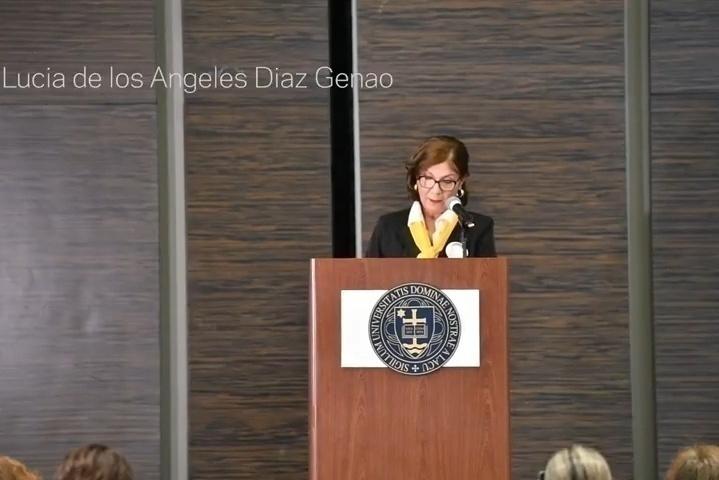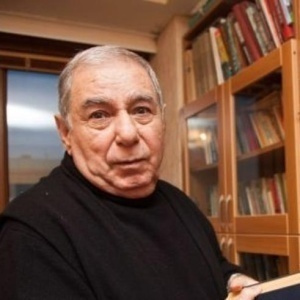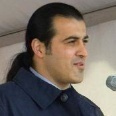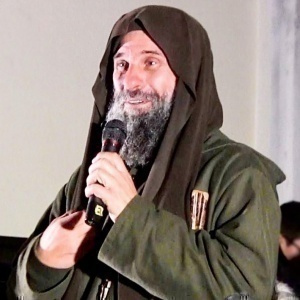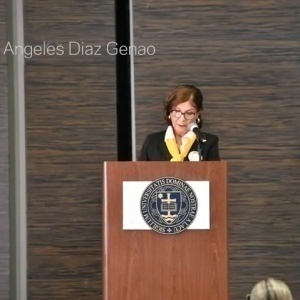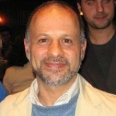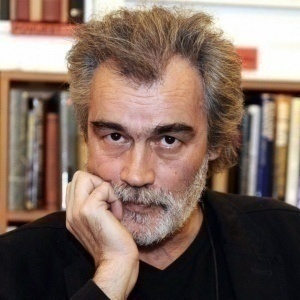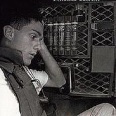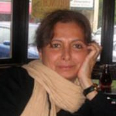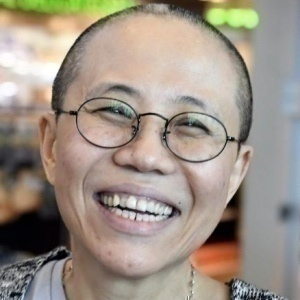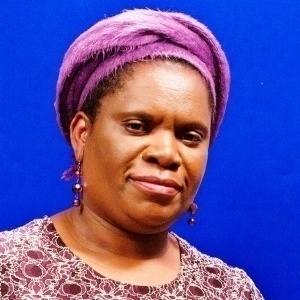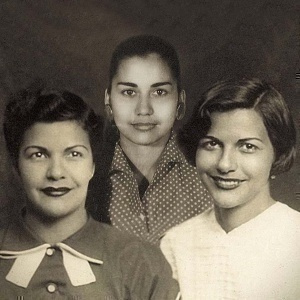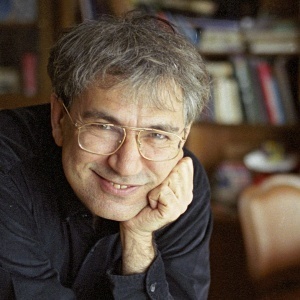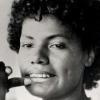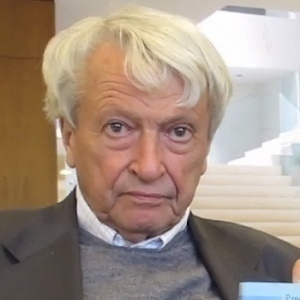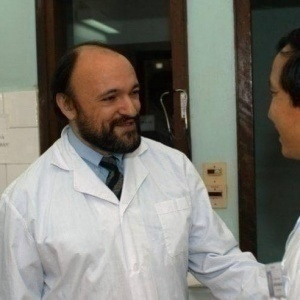Lucy Díaz’s personal and family experience is intertwined with the dramatic recent history of Mexico. To fight the common war against drug trafficking, Mexico and the United States signed a collaboration agreement in 2007.[1] The strategic plan of George W. Bush and President Felipe Calderón was based on four fundamental points: 1) Bend the operational capacity of organized crime, 2) Strengthen the rule of law, 3) Create a modern structure to protect borders and, lastly, 4) Strengthen the resistance of communities affected by cartel violence.[2]
Unfortunately, almost none of these goals have been achieved because most of the resources concentrated in a war between the regular army and the cartels instead of strengthening the country's democratic institutions. The result has been a resurgence of cartel violence who, many times in complicity with corrupt local institutions helpless against rampant impunity, have taken control of many areas of the country terrorizing civilians. This created the imposition of a state of exception where even the authorities can justify violence and exercise absolute control over those parts of society that threaten their power. Most affected are communities where federal law does not seem to operate and where citizens are left alone to face the violence of both cartels and corrupt local authorities.
While the corpses of men, women and children killed with the intention of intimidating and tearing apart the social fabric of cities and villages kept surfacing, the number of those who disappear without leaving a trace increased causing great pain to the families left alone in the search, often fruitless and not without risk, for their loved ones.
In June 2013, when her 29-year-old son, Luis Lagunes Díaz, disappeared without a trace, Lucy Díaz worked as a translator and university lecturer. Lucy remembers her son as a great music lover who had managed, thanks to his initiative, to live from his passion.
When Lucy went to the police station to report him missing, she became aware of the incompetence and corruption of the police authorities and the absolute lack of the rule of law. Lucy recalls that in those years the state of Veracruz where she lived was governed by Javier Duarte Ochoa, a much- discussed character for his connivance with organized crime. This made any possibility of action very difficult. “When I went to file a complaint, I realized that in Mexico due to corruption and ineptitude, no one was able to carry out an investigation. They lack the technology and preparation to do so. The Police sent back home the family members who relied on them to find their beloved with the promise, never kept, that they would be informed of the continuation of investigations that they knew would never take place. Sometimes they rejected the heartfelt pleas of mothers of missing girls saying they were prostitutes and therefore would not look for them.” Recalling the moments when she returned defeated after unsuccessful visits to various police agencies, "When I returned, I threw myself on the ground and cried so much that, as in St. Augustine's story, little pools of tears formed."
But those unsuccessful journeys had the power to reveal that Lucy's drama was also that of many other women who died in search of their sons, daughters, husbands, fathers, mothers. Lucy began to meet women who were in the same situation, but whose action was weakened by poverty and ignorance.
Many of them were mothers of children abandoned by their fathers and with a very precarious economic situation. Some of them had very poor health and were unable to deal with the wall of incapacity and corruption that prevented them from looking for their families. Lucy thought that despite her pain they had a moral responsibility to these women. Leaning on that technology that the authorities seemed to lack, she began to organize a support WhatsApp group. “In the beginning we were only five or six, but after only eight months after Luis's disappearance we were already about thirty. Some of them had never used WhatsApp and didn't even have a phone, but they had to learn”. Lucy also had to last hard to convince them of the importance of a collective effort, and to persuade them that they would have achieved nothing officially, in short, that they had to get organized if they wanted things to change for them and for those who, like them, were suffering from the same violence.
The Collective organized by Lucy is called Colectivo Solecito de Veracruz and its symbol is the sun, the light of truth. The collective undertakes not only to report the disappearances, but also to actively search for mass graves where the victims of organized crime together with the bodies want to obliterate the identity of the victims. All this in a country where impunity for this type of crime is 98%.
In November 2022, together with other activists, Lucy held a press conference in which she presented a complaint to the International Criminal Court in The Hague to clarify the crimes against humanity concerning the forced disappearance of 22 people perpetrated in the state of Veracruz during the government of Javier Duarte Ochoa.
Luz Díaz's commitment is summed up in the promise she made to that son she has been looking for nine years and which she enclosed in these words.
Promise to my son
Dear son, I know you hear me,
because in my belly,
when my heartbeat cradled you,
we have become inseparable,
Our hearts beat in unison forever.
I turn to you, today that you are not among us
AND…
I promiseI will not give up
They won't stop meI won't hesitate
I will fight for you every day, every minute
Without excuses or pretexts
It's you, always available,
Always present
Wherever you are, my son, you can smile
Proud and sure to know that your mother
With her infinite, unconditional love,
Eternal, she will always fight for you.
God gave me the joy of having you
He will surely grant me the joy of finding you again
All my love,
All my days are for you, beloved son
All my life,
And for you
This article is based on an interview by the author with Lucy Díaz held on November 6, 2022.
[1] Velázquez, R. y Prado, J.P. (2009). La Iniciativa Mérida: ¿Nuevo paradigma de cooperación entre México y Estados Unidos en seguridad? México: Universidad Nacional Autónoma de México. p. 411.
[2] United States Embassy in México (2013). Informative: Iniciativa Mérida - General overview. http://photos.state.gov/libraries/mexico/310329/docs/Merida-Initiative-Overview-es.pdf , accessed on December 13, 2013.


